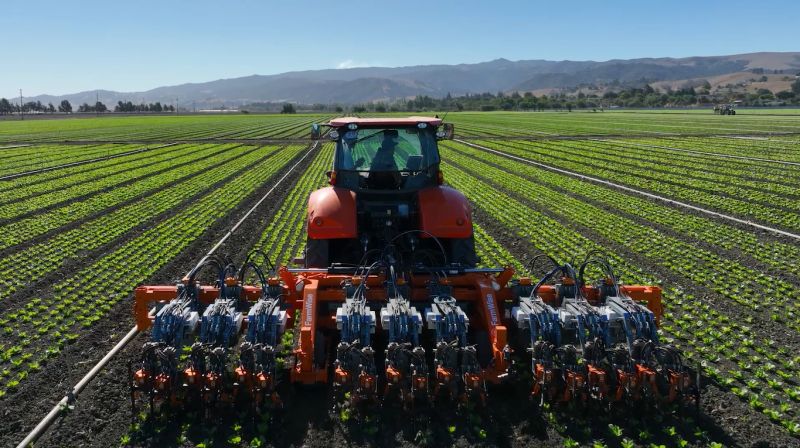Technology Integration: A Global Imperative

Image credit: FarmWise
In the contemporary global economy, the integration of technology and artificial intelligence is not merely an option but a necessity. The rapid advancement of tools like robotic weeding and thinning in agriculture, pioneered by companies that have since been acquired by larger tech firms, serves as a powerful microcosm for a much broader, worldwide transformation. This shift is fundamentally reshaping business operations and the global jobscape, demanding a strategic reevaluation of talent and skills across all sectors.
The New Skill Hierarchy
The introduction of automation and AI into fields that were once reliant on manual labor signals a global trend where technology is taking over repetitive tasks. Far from simply eliminating jobs, this evolution is creating a new hierarchy of roles centered on technology management, data analysis, and oversight. The core of this change is the rising prominence of Information Technology (IT) and AI as foundational elements of every industry, from finance and manufacturing to retail and beyond.
A Critical Business Imperative
For businesses worldwide, this means that investing in technology, AI integration, and continued education is no longer a perk but a critical business imperative. Companies must proactively upskill their workforces to thrive in an automated landscape, where IT and AI literacy are as essential as traditional job knowledge. Embracing this new reality is not only key to enhancing efficiency and driving growth, but also crucial for professional development and fostering economic resilience on a global scale. The companies that lead in this transition will be those that view technology not as a substitute for labor, but as a strategic asset that, when combined with human ingenuity, empowers their workforce to reach new levels of innovation and productivity.